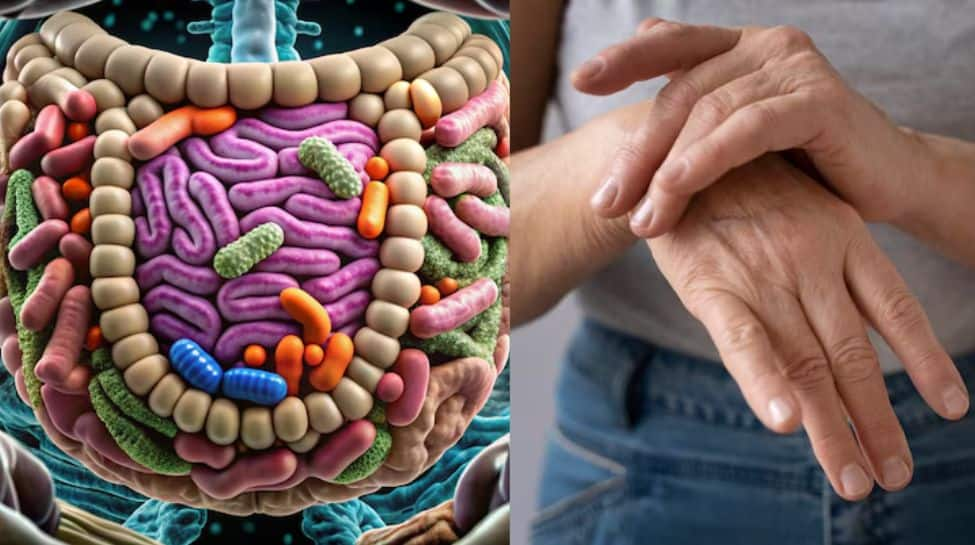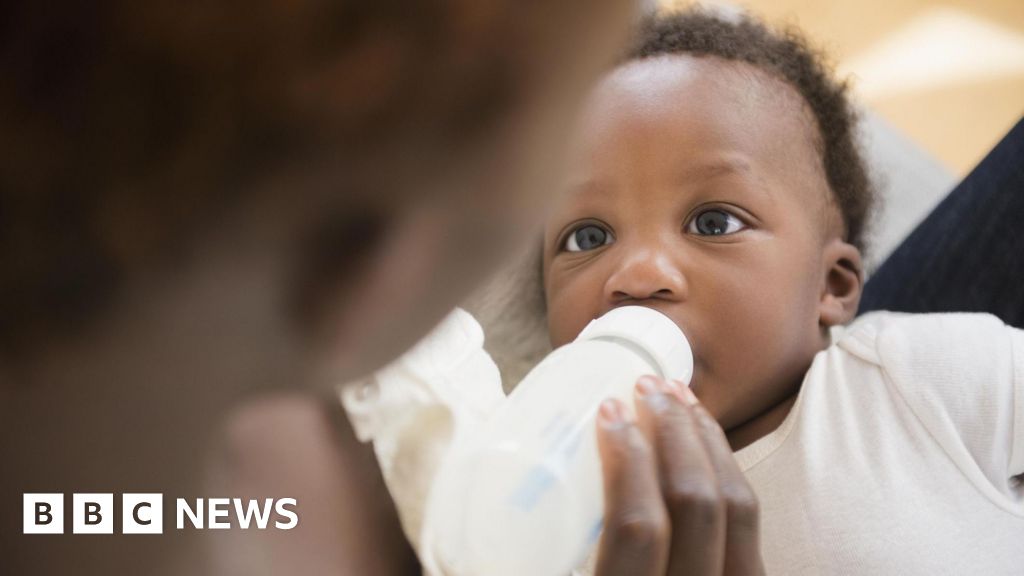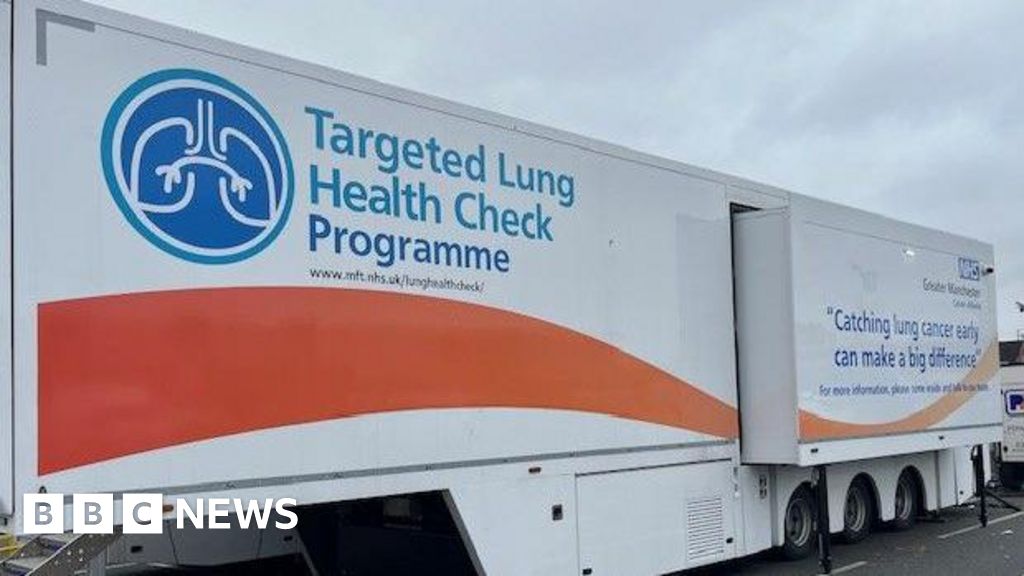World IVF Day, also known as World Embryologist Day, is observed on July 25 annually to spread awareness about the development of IVF as a treatment option.
Infertility, which is characterised by the inability to conceive, is a complex issue with various underlying factors.
It has emerged as a silent epidemic in India, affecting millions of couples.
According to the Indian Society of Assisted Reproduction (ISAR), infertility, which can affect both men and women, is reportedly affecting around 10-14 per cent of Indian couples.
cre Trending Stories
However, due to social taboos and lack of awareness, many individuals and couples suffer in silence, delaying or avoiding seeking appropriate medical help.
Speaking to IANS, Dr Amitha N, Consultant Reproductive Medicine & Fertility Expert, Motherhood Fertility & IVF, Electronic City, Bengaluru, cited increasing cases of falling ovarian reserve in women as one major reason behind rising infertility.
Amitha explained that some women see a depletion in the ovarian reserve, that is the ovaries may slow down in producing eggs, even before the perimenopausal stage known as premature ovarian failure or premature ovarian insufficiency (POI), making it more challenging for women to get pregnant.
“Due to genetic predisposition and family history, this illness can impact women in their 20s. In such situations, there is a family history of the mother and grandmother of the girl going through menopause relatively young.
“In these situations, doctors typically advise hormone replacement therapy (HRT), the most popular form of care for women with premature ovarian insufficiency, to lessen POI symptoms. The body receives oestrogen and other hormones that the ovaries are unable to produce,” said the doctor who is witnessing 2 to 4 patients in a month with premature ovarian failure.
While there is no technique to increase egg production or restore the ovarian reserve, infertility treatments including IVF, can help women conceive naturally, or to freeze eggs for future use.
Another reason the doctor pointed out is a rise in male infertility, which can be attributed to various factors like changing lifestyles, lack of timely diagnosis or treatment and environmental factors.
While “there has been an increased level of awareness, not many men come forward to get this condition addressed or treated”, said Amitha, who is seeing 25 new patients per month visiting the OPD.
“Men must focus on periconceptional counselling to address any potential issues with their sperm that could affect fertility or the health of the baby. For example, men with low sperm count, poor sperm motility, or abnormal sperm morphology.
“It will also help in addressing lifestyle factors that can impact fertility and pregnancy outcomes, such as smoking, alcohol use, or exposure to environmental toxins, managing a healthy weight and managing stress. By making healthy lifestyle choices before conception, men can help optimise the health of their sperm and increase the chances of a successful pregnancy,” Amitha told IANS.
According to Soma Singh, Senior Consultant, Department of IVF & Infertility, Jaypee Hospital, “delayed marriage and childbearing among women” is a significant element in increasing infertility rates.
“In addition, the rise in sexually transmitted diseases has impacted fertility. Modern lifestyles characterised by reduced physical activity, job-related stress, and obesity also play a role. Environmental pollution further compounds the issue.
“Sadly, the social stigma associated with infertility often prevents individuals from seeking timely treatment from infertility experts.
Acknowledging these factors and overcoming the stigma is crucial to addressing the growing challenges of infertility and seeking appropriate support and solutions,” Soma said.















































